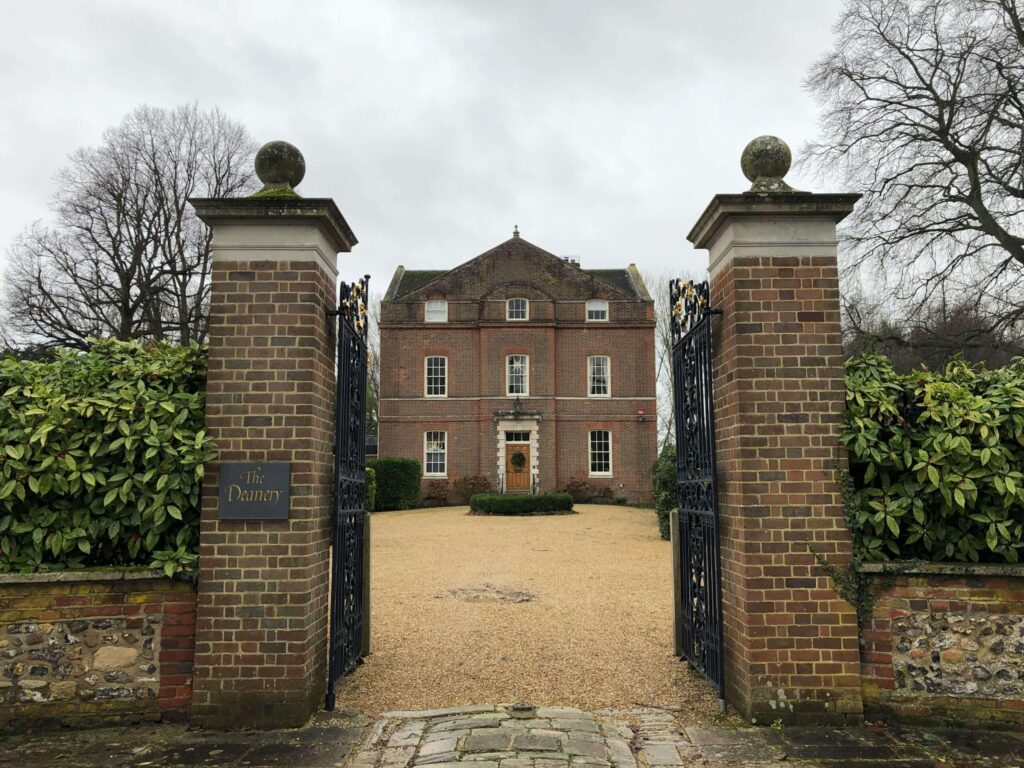The concept of ‘common law’ marriage does not exist in the law of the UK. Therefore, cohabitants do not have the same rights of property claim as married couples and civil partners do. If disputes arise between cohabitants about interests in the property, it is handled in accordance with the law of trusts.
Basically, there are two types of interests in the property
- Legal Ownership – It means that the owners have registered with the Land Registry as owning the property. It could be jointly owned by both parties or solely owned by one party.
- Equitable or Beneficial Ownership – It means that both parties have a particular share in the property. With beneficial ownership, it is easy to divide the property.
If a property is jointly owned by two parties, it is assumed that both owners have an equal share in the property unless otherwise stated at the time of purchase. For example, when entering into joint ownership, both parties may have agreed to have a 70-30 share in proportion to their respective contributions.
How can you determine interests in the property?
First, it is assumed that legal ownership is beneficial ownership unless it is proved otherwise. Then, the declaration of trust, if present, is drawn out to determine who has how much share. Both parties must agree with the declaration unless it gets proved that the agreement was made fraudulently.
How does the Court determine that a trust is created?
To determine whether a trust is created, the Court considers the following questions:
- Have you contributed toward the purchase and was there a common intention for both parties to have shares depending on your respective contribution?
- Was there a clear intention to have beneficial interests in the property and did that move you to act to your detriment?
- Did the legal owner lead you to believe, either by word or actions, that you have beneficial interest in the property?
What evidence is needed during Court proceedings?
If the property is solely owned by one person and there is no written declaration, it gets difficult to establish beneficial interests. The following evidence will be handy:
- Details of mortgage payment
- Payment of purchase price
- Payment of renovation or anything that increased the property value
- Details of conversation (letter, text, or email) about ownership of property
Make sure that the evidence you provide is as detailed as possible.
Note: Court proceedings for settling property disputes between cohabitants are an expensive deal. So, before applying to the Court, it is best to consider if ADR (Alternative Dispute Resolution) is possible.
What happens in the Court proceedings?
The Court proceedings will include 3 stages
- Disclosure
- Inspection
- Evidence
Both parties are allowed to submit relevant documents and other evidence to the Court. It is expected that both parties make a diligent search for evidence. They must present all evidence whether it supports or contradicts your case or the other party’s case.
During the proceedings, you may be asked to make a Part 36 offer or to respond to it. It is a way of reaching settlement. Note, however, that if you make it and other party refuses, it will incur costs. Depending on the final outcome of the case, the Court decides who will pay for it.
If you require any further guidance or need assistance with court proceedings, kindly get in touch with our experienced property dispute lawyers.



